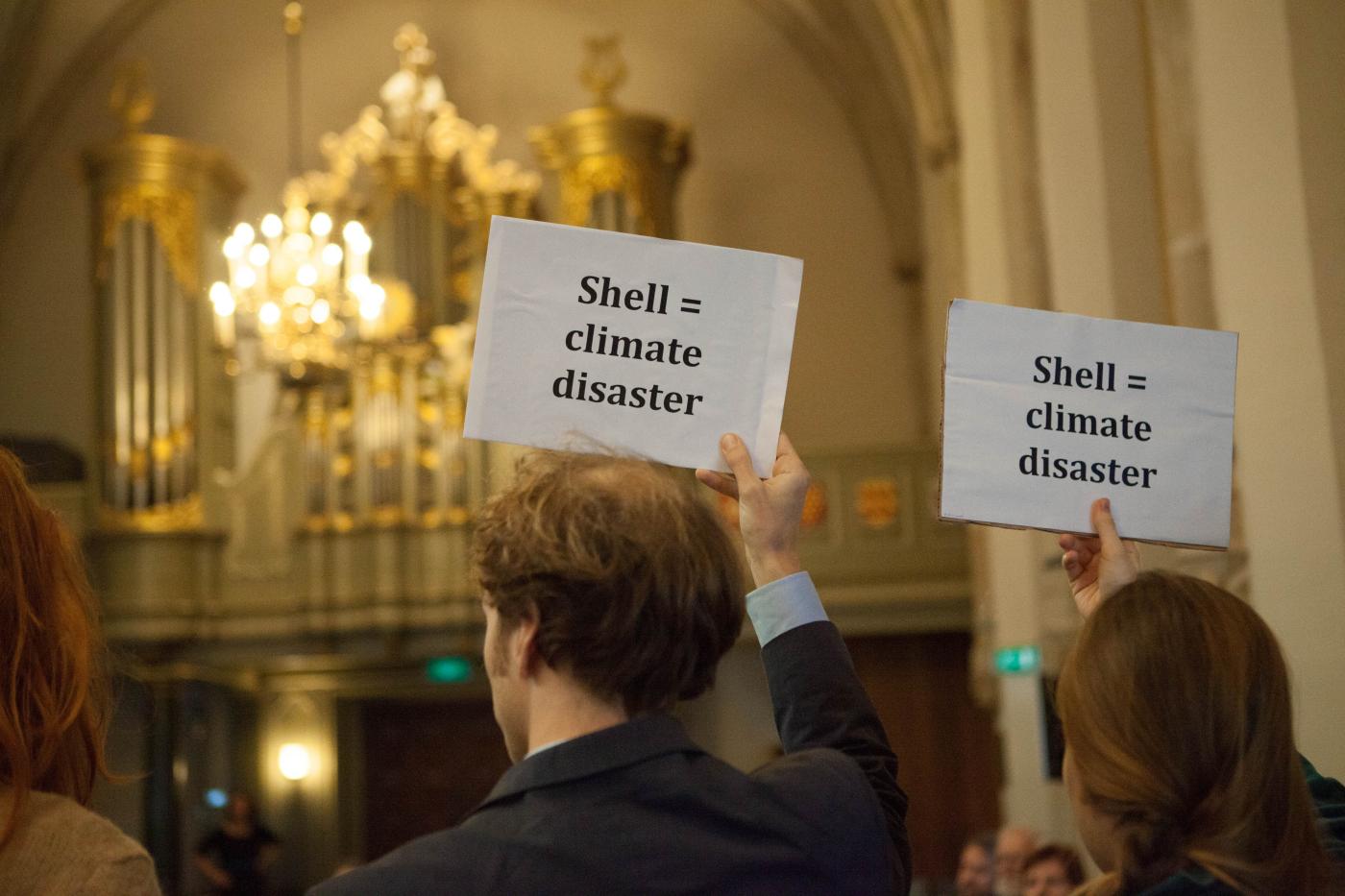Petition Scientists for Future Utrecht
It’s time to end UU collaborations with fossil fuel giants

While universities all around the world have been cutting financial ties with the fossil fuel industry, Utrecht University is lagging behind. Our university’s research partners include Shell, ExxonMobil, BP, and Saudi Basic Industries, among other fossil fuel giants.
Cambridge and Harvard are divesting from all investments in fossil fuels. The ABP pension fund has done the same. Meanwhile, in Utrecht University we only have a draft of a proposal that is aiming to put collaborations with fossil fuel producers “under the magnifying glass”.
Unfortunately the lens is opaque. The new plan leaves many loopholes that pose threats to academic integrity and endanger our university’s international stature. To warn against these risks, Scientists for Future Utrecht has recently sent an open letter to the UU board. More than 130 students and faculty have signed on this letter within two weeks.
We are inviting all students, faculty and employees to join our plea to the UU Board.
Why is UU reexamining its academic collaborations with the fossil fuel industries?
Fossil fuel companies have been playing a major role in delaying the transition to clean energies, have continuously misled the public about climate change, and have a dubious reputation when it comes to respecting human rights. The industry production plans are threatening to derail international climate targets, while cutting investments in sustainable energies. Fossil fuel companies are driven by shareholder values that make it quite impossible that this situation changes.
UU’s academic collaborations with fossil fuel giants is a threat to impartial academic research. Projects on sustainable energy with UU academics may help fossil fuel magnates to conceal the darker truth about their acts. When UU lends its good reputation to these activities, it creates the impression that Exxon, Shell and co are on the right track towards a sustainable future. By doing so, these collaborations impair our university’s ability to contribute towards such a future.
What does UU propose?
The UU board’s main proposal is: “UU will not enter into new research collaborations with fossil companies unless they are intensively, demonstrably and indisputably committed to accelerating the energy transition, in line with the Paris Agreement.”
Why is this proposal unsatisfactory?
It may sound obvious, but most profits of the fossil fuel producers come from oil, gas and coal. Fossil fuel giants are happy to declare that they endorse energy transition as long as their profits are not at risk. UU is not asking its partners to put their money where their mouth is.
Key problems are:
- The proposal does not rule out any potential partner, and does not offer measurable criteria for assessment beyond asking for “commitment”.
- By positively evaluating collaborations with fossil fuel giants, UU may end up participating in their greenwashing campaigns while their actual policies remain unchanged.
- The proposal is vague about the identity of the assessors. No safeguards for democratic and inclusive decision making are proposed. How will UU select the assessment committee members? Will students be involved? How about independent external evaluation? How will UU ensure that assessors are not in a conflict of interests?
- The next steps towards implementing the framework are unclear. This leaves people critical of fossil ties unsatisfied, while creating more uncertainty among researchers who are involved in such collaborations.
What is Scientists for Future proposing?
Work on sustainable energy transition should be given top-priority in funding, but no sustainable transition can be achieved by embracing major polluters. Our university, together with NWO and KNAW, should allocate more public funds for this research so that researchers do not have to decide between their morals and their career. To prevent greenwashing, our university should make a list of non-players: companies whose production plans fail to meet global standards or have been spreading misinformation about climate change. Decisions on new collaborations should be made in a democratic process, free from financial conflicts of interest and based on clear assessment criteria. Students and early-career employees should be given seats at the table. Utrecht University has very important levers that it can use to achieve a positive change for society: not supplying talent to fossil fuel companies and not lending its good reputation to greenwashing campaigns.
Fossil fuel giants that have been derailing the energy transition long enough. They should not be part of our academic environment.
Do you agree with this article? Please join our plea!